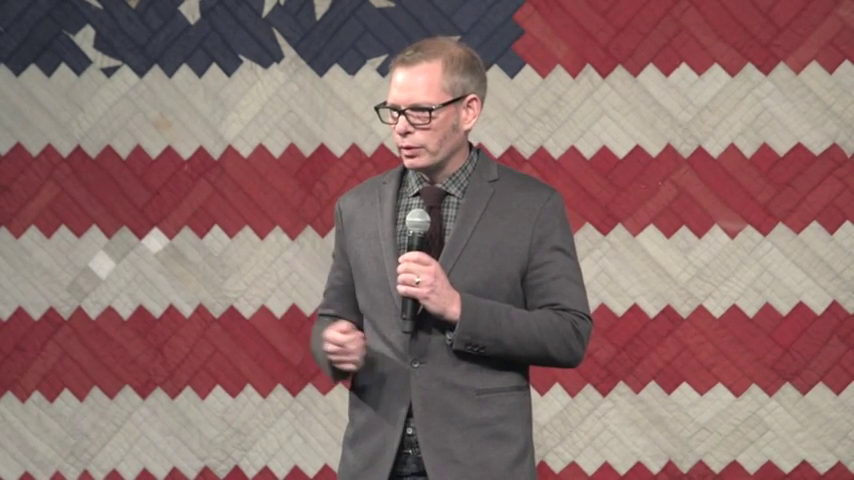I personally think that we need to move beyond this sort of grow or die motivation that exists within the current economy. And I think that the cooperative model is suited to addressing those concerns, especially because the co-op model is geared toward serving member needs and not driven by profit at the end of the day. That is something that bodes well for the model in terms of sustainability.
Archive (Page 2 of 3)
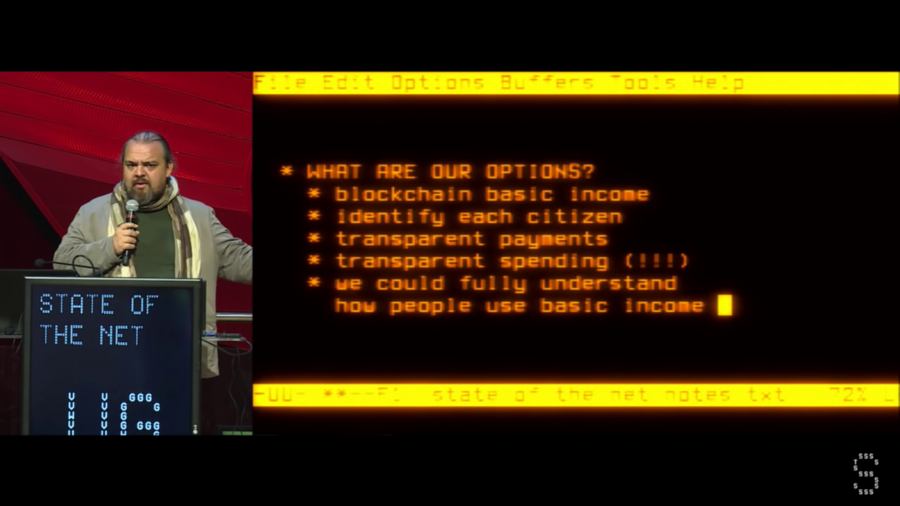
Everybody thinks of bureaucrats as being kind of a neutral force. But I’m going to make the case that bureaucrats are in fact a very strongly negative force, and that automating the bureaucratic functions inside of our society is necessary for further human progress.

In a world of conflicting values, it’s going to be difficult to develop values for AI that are not the lowest common denominator.
To me…we all draw our satisfaction from what we ourselves have been able to do with our lives. And if somebody, some government or someone else is just giving to me, I’m not going to be a happy person.
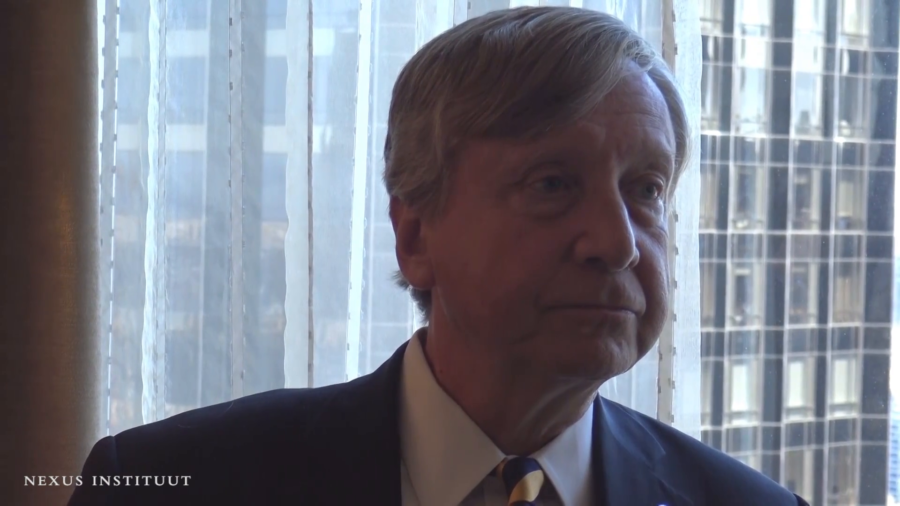
I don’t think we’ve had anybody quite like Donald Trump before, in terms of the politics of celebrity, which is what I think he’s really about. It’s not simply that he’s rich. We’ve had rich people in politics before. He’s not simply a businessman. We’ve had businessmen in politics before.
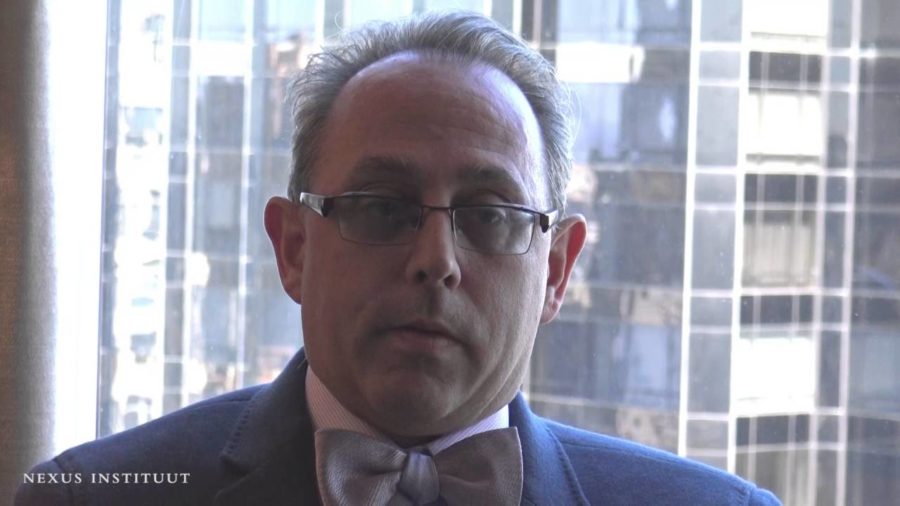
The great danger and fear that I have is that in the last fifty to seventy years, power has increasingly concentrated not only in the federal government but in the presidency.
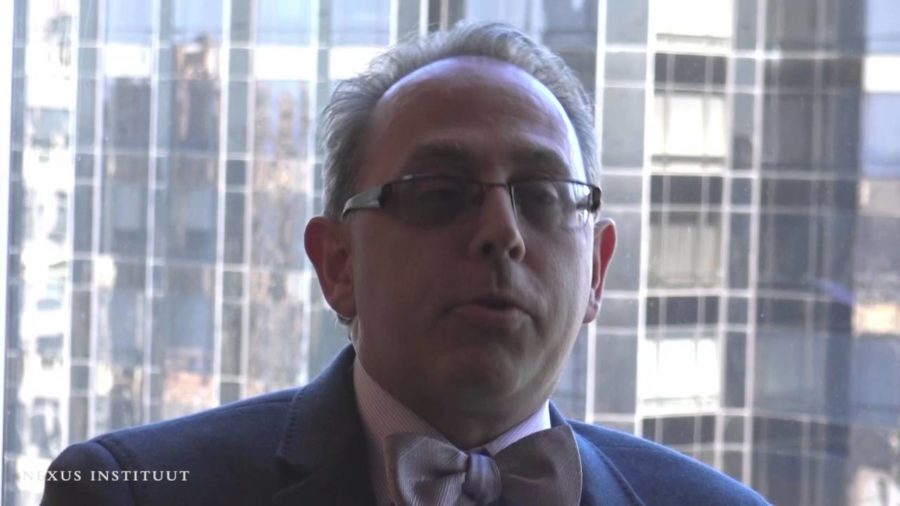
One thing I can say is that I don’t think we know very much about Donald Trump, which is one of the things that’s scary about him but also one of the things that’s exciting about him.
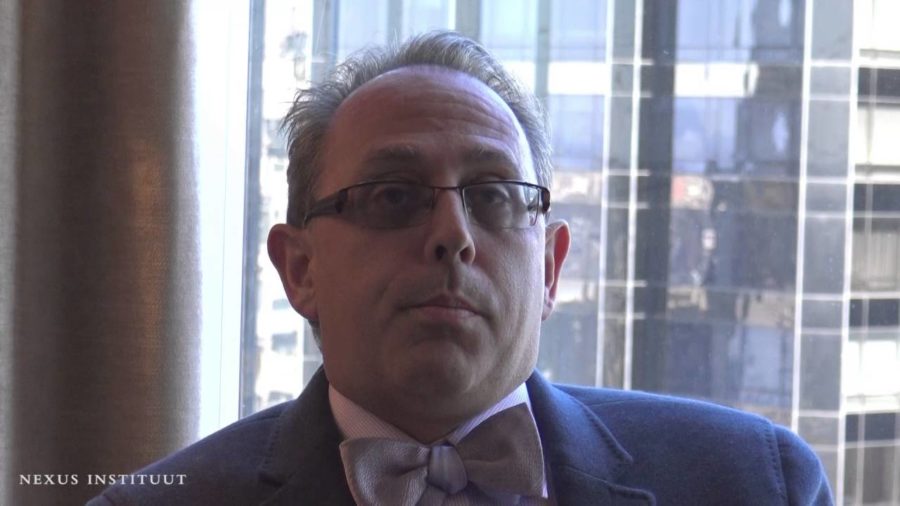
Hannah Arendt loved it when unexpected things happened in politics. She thinks and thought that spontaneity, newness… She used the word “natality,” which is often misused and abused in her work by others, but it means birth, birthliness. And she thought that what made human beings different from other animals is not that we were rational, but that we could start things new.

